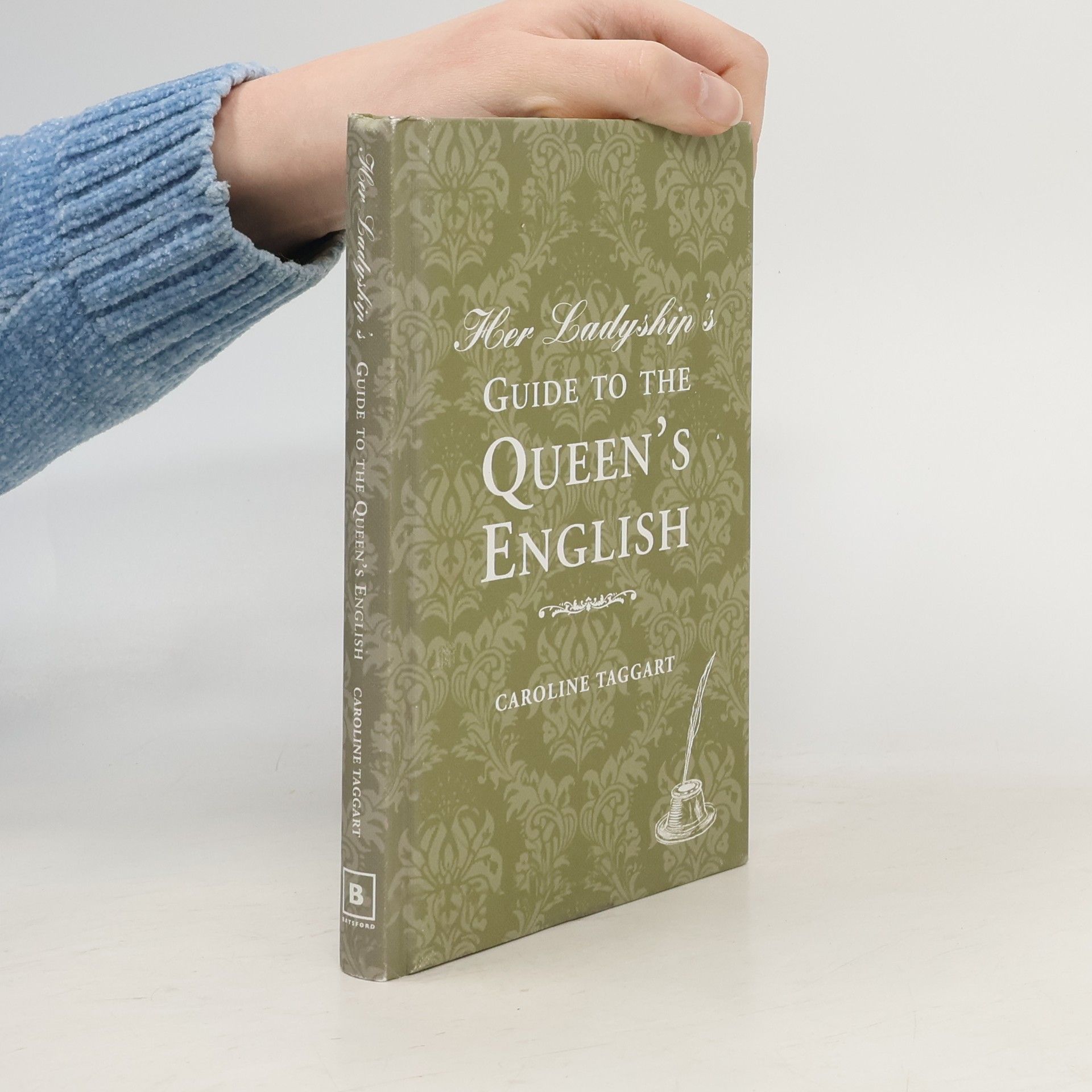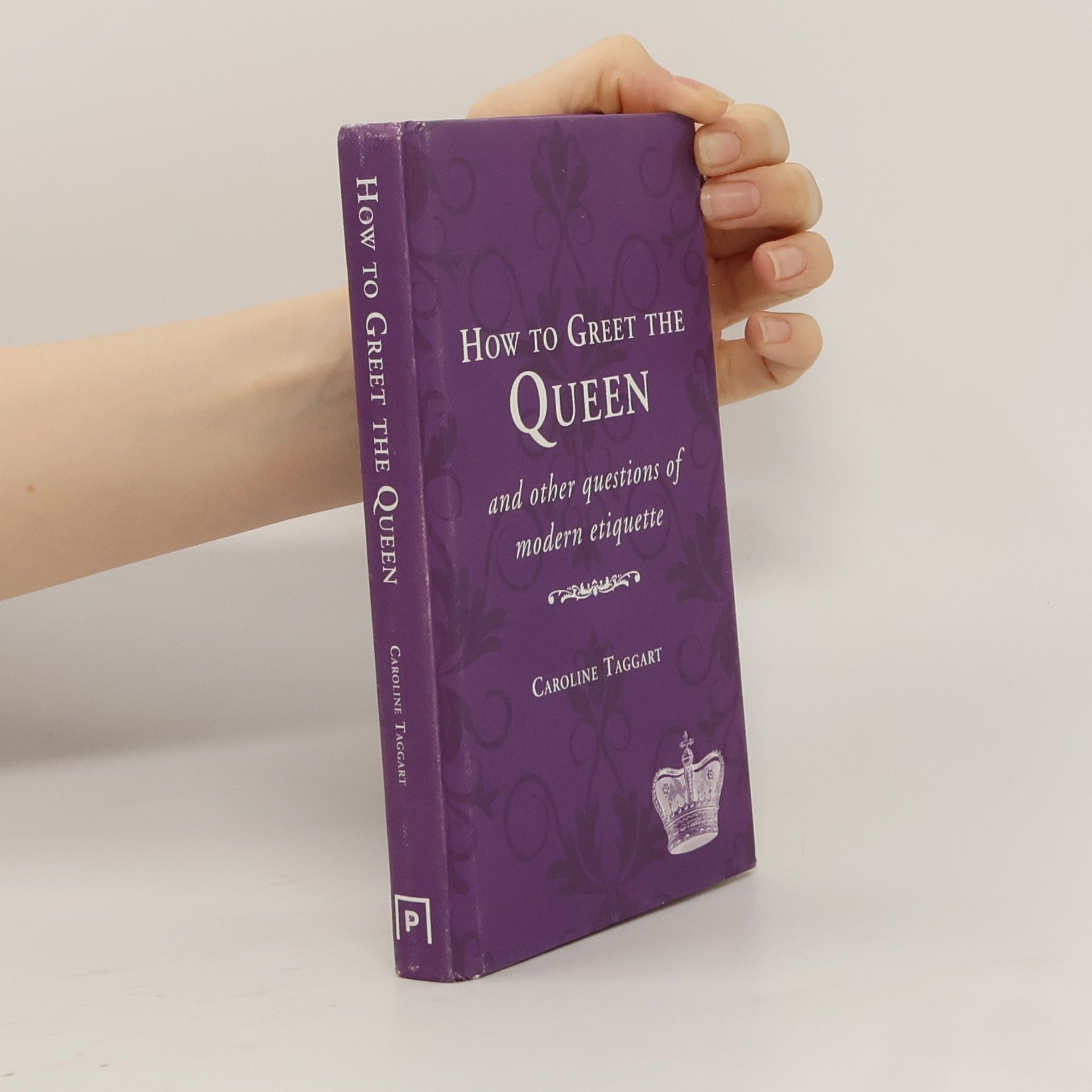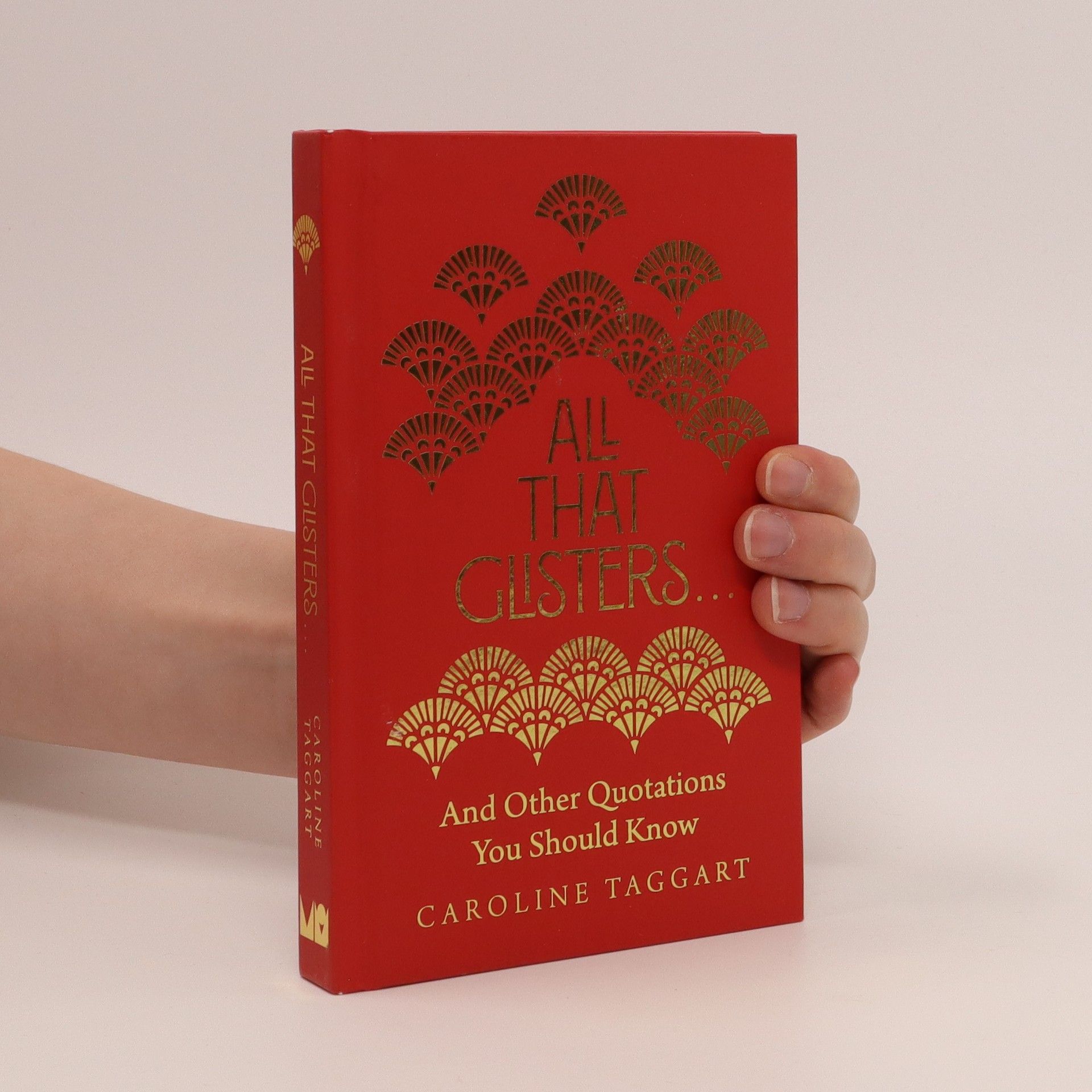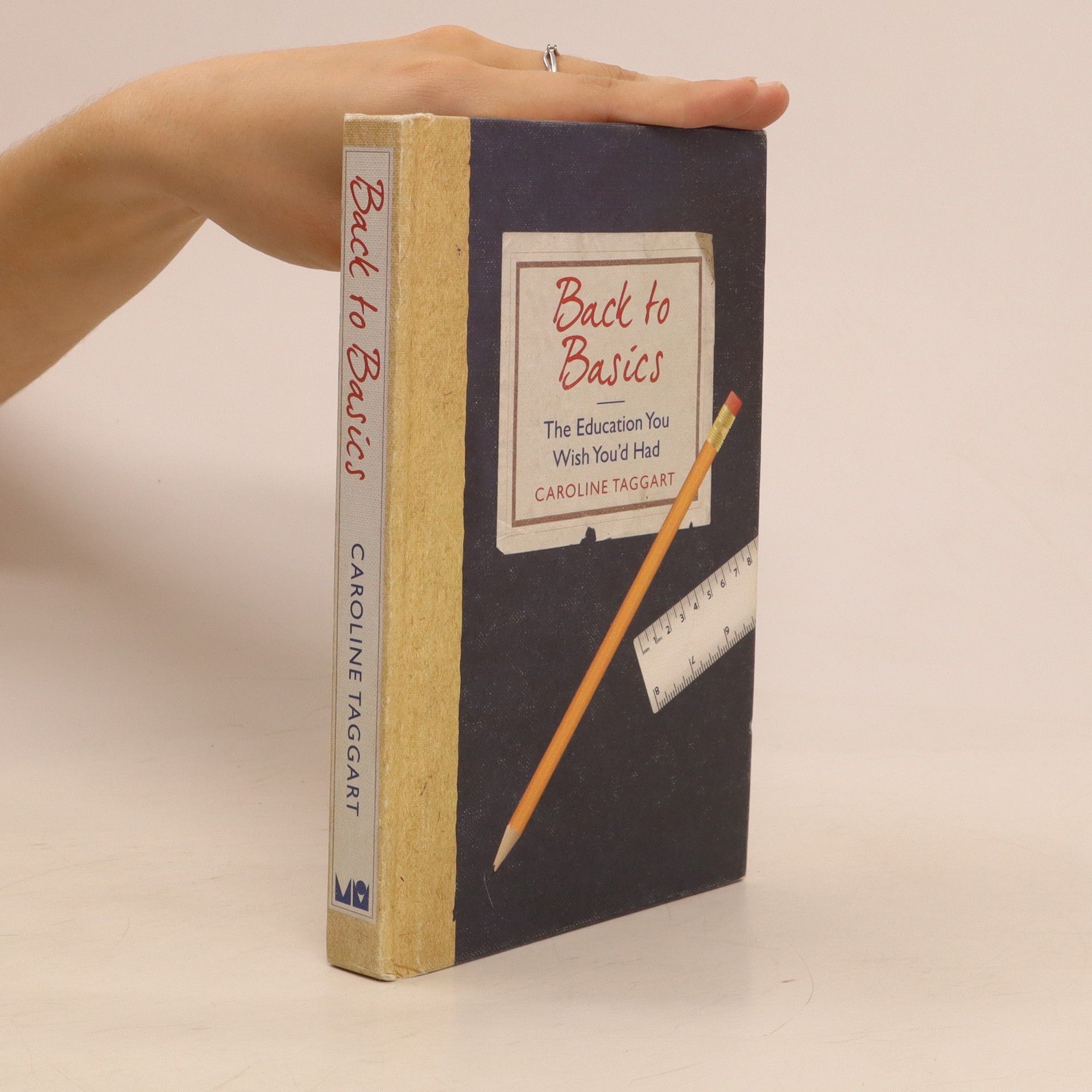The Philosophy of Christmas
- 112 pages
- 4 hours of reading
Exploring the diverse influences on Christmas celebrations, this beautifully designed gift book offers a captivating look at the holiday's traditions. Written by best-selling author Caroline Taggart, it serves as an engaging resource for readers interested in the philosophical aspects of Christmas. Ideal as a stocking filler, it combines informative content with vibrant illustrations, making it a perfect addition to any festive collection.





